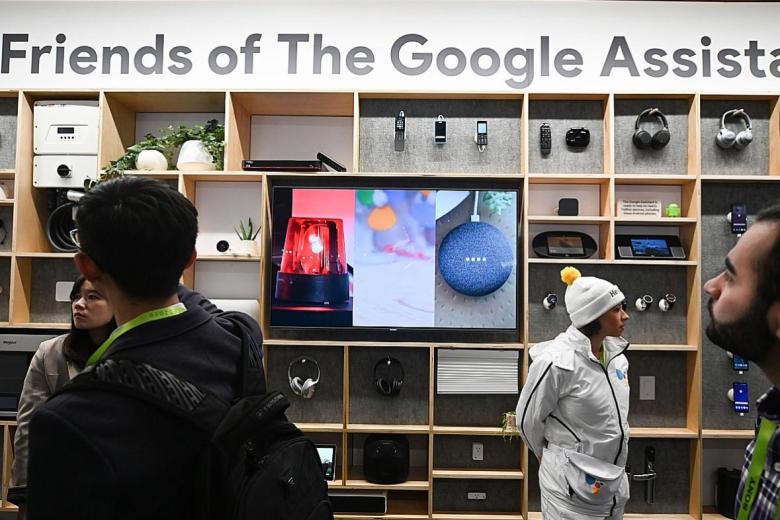
Amazon’s Echo and Google Home devices are two of the most notable examples of how this technology is transforming the way we connect with machines.
In fact, voice search is quickly becoming the primary search mode for consumers, with Comscore UK predicting that by the year 2020, half of all searches will be via voice.
While voice-driven technologies are currently mostly associated with home appliances, they will soon have a major impact on the industrial landscape too.
Indeed, a recent study undertaken by Zebra has revealed that 51 per cent of manufacturing companies are planning to expand their use of voice technology in the next five years.
With many industry-transforming technologies like enterprise resource planning (ERP), seemingly available, why should those in the sector invest specifically in voice-recognition technologies?
CONNECTION, COMMUNICATION, COLLABORATION
One of the strongest arguments in favour of voice-driven technology is to increase productivity.
A poor level of productivity is an issue that continues to hamper the UK manufacturing sector, with recent figures showing a slump in UK output.
In a time of global uncertainty, it is important for businesses to strive for a competitive edge and to make sure operations are as efficient and streamlined as possible.
Some look towards technology to help boost performance.
A report from allBusiness has indicated that voice-driven technologies have achieved, in some instances, a rise in warehouse productivity of up to 25 per cent, providing a new piece in a larger digital transformation jigsaw for manufacturers.
By seamlessly connecting to other devices across the factory floor, the ability to vocally issue key instructions, with optimum speed, will stand to speed up internal processes, and improve overall productivity.
Manufacturers who turn to technologies that drive productivity, accuracy and overall performance can unlock potential for business growth by making their business as fit as it can be for what the future holds.
IMPROVED ACCURACY AND COMPLIANCE
Increasing accuracy is another reason some manufacturers are considering voice-driven technologies in their factories.
In a sector where the slightest error can lead to allergy outbreaks or worse, manufacturers need to be precise and their products need to be fully traceable.
When coupled with the right ERP system, voice-driven technologies can lead to heightened accuracy levels within warehouses – compared with checking against paper lists and dense spreadsheets.
This new way of processing data can free up precious time for the staff, allowing them to concentrate on higher value activities.
Marrying voice-driven innovations with modern ERP solutions will be key to manufacturers reaping the benefits offered by this digital transformation trend.
Ultimately, when connected devices can communicate with each other and share data, users stand an increased chance of benefiting from them.
This is the next step in digital transformation, and will help businesses remain competitive and realise their growth ambitions.
[“source=tnp”]



